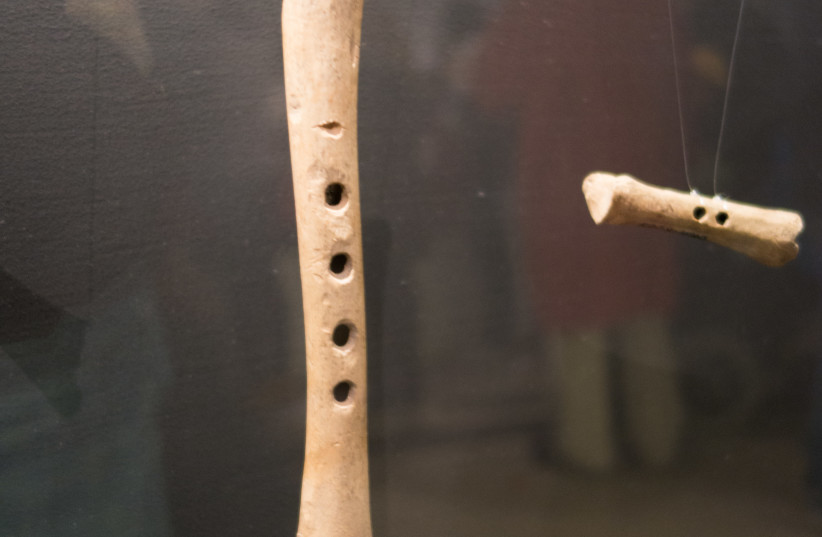An unusual musical instrument — a bone flute — was found at the Herne Bay archeological site in Kent, England, Cotswold Archeology announced on October 25.
The 150-acre site located along Kent's northern coastline was excavated by the Andover-based team, yielding treasures dating from the late bronze age to the medieval period.
The area has further potential for archaeological discovery, according to Cotswold Archaeology, as it is possible that flint objects dating back to the Pleistocene epoch may still be recovered in the area.
Larger cultural context
According to the Cotswold Archeology group, "small rectangular enclosures sometimes containing the remains of sunken-featured buildings (often associated with specific activities including bread baking and brewing), alongside trackways, are a common feature of the later medieval landscape in north Kent; one such possible structure was revealed during our dig."

The bone flute was discovered at the southwest corner of one such medieval enclosure.
The flute, thought to be carved from a goat or sheep tibia, "was carved with five finger holes along its top and a thumb hole underneath." It resembles a modern recorder.
Although such bone flutes were a common instrument, they are rare archaeological finds today. Fortunately, the flute is remarkably well preserved, although it is possibly missing a mouthpiece.
